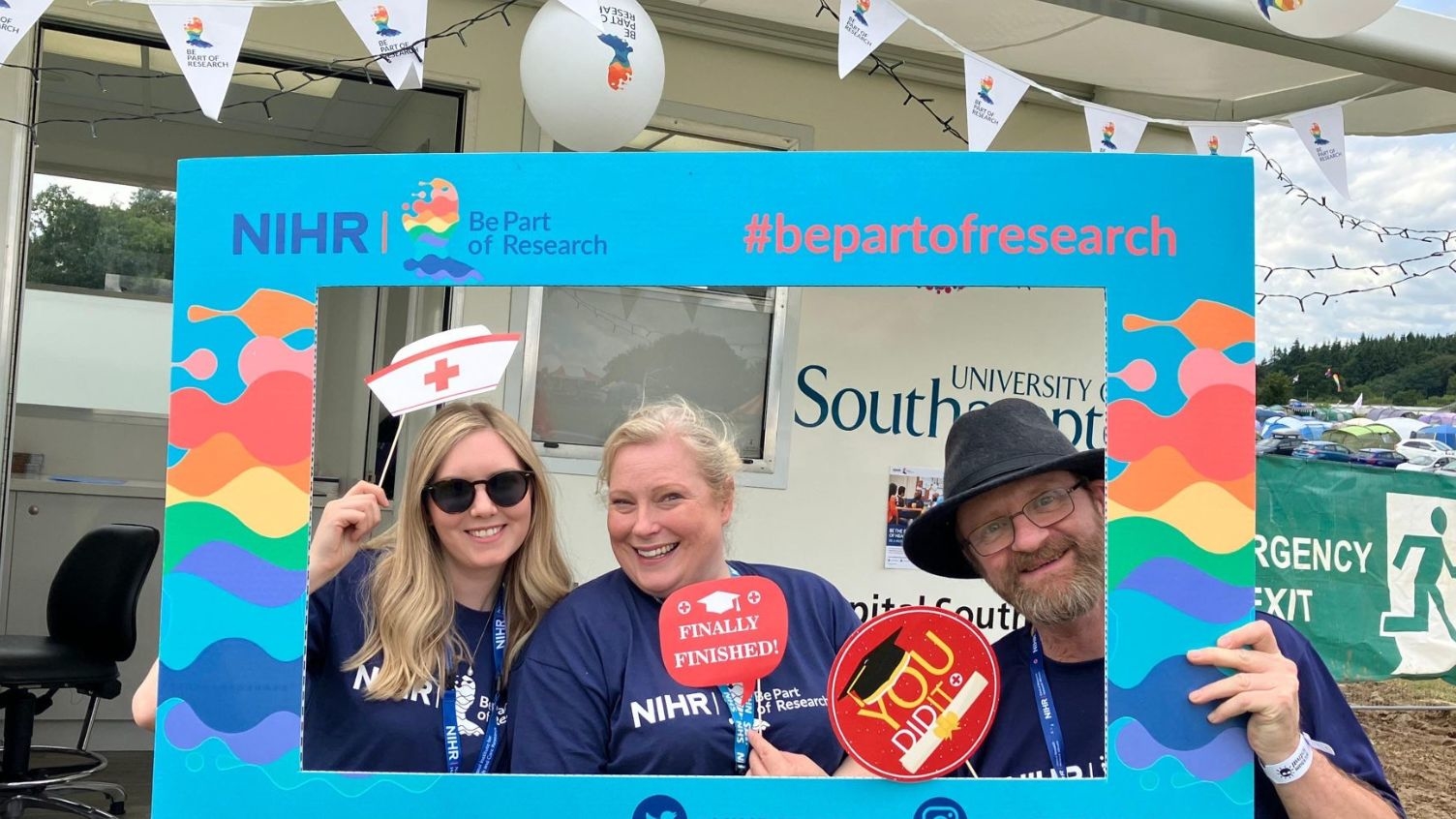Your Path in Research - Tom Grant
- 30 November 2022
- 3 min read
In the latest in our series of Your Path in Research profiles, we spoke to Tom Grant about how a student placement in a research team led him to a career as a research nurse
Tom Grant is an Oncology Research Nurse at Kent and Canterbury Hospital, part of East Kent Hospitals University NHS Trust
When did you first get involved in research?
My first taste of research was in January 2020 when I spent a four-week elective placement in the various research teams in the East Kent Hospitals University Trust. Around the same time I was studying for my BSc Adult Nursing at University, and I was learning about what constitutes good quality research, and how the results from research can affect evidence-based practice and eventually become adopted into NICE guidelines.
Why did you decide to get involved?
My father was an epidemiologist and then became director of a Health Services Research Unit at the University of Aberdeen, so as a child I was surrounded by many of my father's colleagues who always seemed to talk passionately about research and recent scientific breakthroughs and discoveries in healthcare. Although I came into a healthcare profession late in life (qualifying in 2020 at age 40), I've always enjoyed working with data to make sure it is accurate and complete.
What has been the highlight of your research career so far?
My biggest highlight was getting my first job in research. In my previous role I was able to dedicate a few hours of my time to research, thanks to my previous line manager, but I am thrilled to now be able to work full-time in Oncology research, helping with the delivery of multiple trials into solid tumours.
Why do you believe research is important?
Research, if carried out correctly, can be of the utmost importance in healthcare, as it should provide all clinical decision makers with the best evidence-based practice for all the interventions they consider to be in the best interests of their patients.
What do you love about your job?
I love the feeling of knowing that through the work my colleagues and I are involved in, improvements will be made to how cancer patients are treated. Whether it is a new curative treatment for a particular type of cancer, a development in imaging technology, or a way of delivering effective treatment with fewer side-effects over a shorter time frame, being involved in this is hugely rewarding and that the knowledge gained from such research might be of benefit to a countless number of patients in the future.
Would you recommend research as a career to others?
Absolutely. Particularly for newly-qualified nurses, or nurses who would like a change of role or working environment while still remaining in the nursing profession.
How important was the elective student placement scheme?
It was very important. Having a varied experience working with different teams in four different settings cemented my belief that I would like to follow a career in research.
What would you say is the most important thing you learned on the scheme?
I learned the importance of monitors, and responding to data queries to ensure that information is clear and obtained according to the research protocol and in-line with good clinical practice and with full informed consent from the subject/participant. It is only through the production of high-quality ethical research that the results can be trusted and acted upon.
What are your plans and ambitions for the future?
As I am very new into this role, I would like to increase the number of studies that I am involved in and eventually start to assume greater responsibility within the Oncology Research Team. Eventually, I might like to mentor new recruits into the research department. Who knows - one day, and with the help of the trust-wide research community, I might be able to develop my own research proposal. But that is likely to be several years down the line, if ever.


